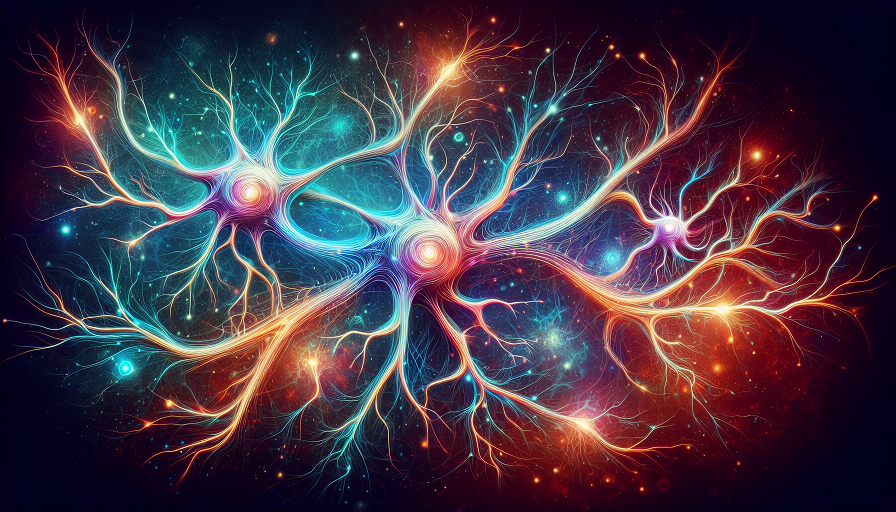
There’s something transformative about standing beneath a star-filled sky. The quiet vastness invites reflection, while the slow, deliberate act of stargazing fosters patience and offers a profound sense of perspective. Whether you’re searching for constellations or tracking the arc of the Milky Way, the night sky provides more than a celestial show—it’s a workout for the mind and soul.
Contents
Patience: A Skill Refined by the Stars
Observing the night sky is a lesson in waiting, a practice that cultivates patience in a world that often demands immediate gratification. Stargazing teaches the value of stillness and the art of slowing down.
Waiting for the Right Conditions
Clear skies don’t always cooperate. Stargazers learn to wait for perfect conditions—darkness, low light pollution, and favorable weather. This patience reinforces the idea that good things take time and preparation.
Tracking Celestial Events
Observing events like meteor showers or lunar eclipses requires planning and precise timing. The anticipation and waiting sharpen mental discipline and build resilience.
Immersing in the Moment
Stargazing is inherently slow. You can’t rush the movement of the stars or force a shooting star to appear. This deliberate pace encourages mindfulness and strengthens the ability to focus without distraction.
Perspective: Expanding Your Mental Horizons
The vastness of the night sky puts life into perspective. Stargazing fosters a sense of awe and humility, reminding us of our place in the universe while encouraging big-picture thinking.
Feeling the Immensity of the Universe
The sheer scale of the cosmos, with billions of stars and galaxies, humbles the mind. This sense of awe can shift focus away from daily worries, offering mental clarity and reducing stress.
Understanding Time on a Cosmic Scale
Light from distant stars takes years—sometimes millions—to reach Earth. This concept of “light-years” stretches the brain’s ability to grasp time and space, fostering abstract thinking and intellectual growth.
Reflecting on Life’s Priorities
The quiet contemplation of the stars encourages introspection. Under the vast expanse of the night sky, personal problems can feel smaller, helping to reframe challenges and clarify priorities.
Enhancing Cognitive Skills Through Stargazing
Observing the night sky isn’t just calming; it’s mentally stimulating. Stargazing activates parts of the brain responsible for focus, problem-solving, and memory, making it a cognitive workout.
Sharpening Observational Skills
Identifying constellations and tracking celestial objects requires keen attention to detail. This practice enhances visual discrimination and trains the brain to notice patterns and subtle changes.
Boosting Problem-Solving Abilities
Navigating star charts or setting up a telescope involves strategic thinking and technical problem-solving. These activities challenge the brain to interpret data and make decisions based on it.
Strengthening Memory
Remembering the locations of stars, constellations, and planetary movements exercises memory. This mental recall improves not only during stargazing but also in everyday tasks requiring spatial or factual memory.
The Emotional and Psychological Benefits
Stargazing nurtures the mind’s emotional landscape. It calms the nervous system, fosters curiosity, and connects us to something greater than ourselves.
Reducing Stress
The peaceful nature of stargazing lowers stress hormones like cortisol. The combination of quiet focus and awe creates a meditative effect, leaving the mind refreshed.
Fostering Curiosity
Looking up at the stars sparks questions: What’s out there? How did the universe begin? This curiosity fuels a lifelong love of learning and exploration, keeping the brain engaged and adaptive.
Creating a Sense of Connection
The stars are a shared human experience. For millennia, people have looked up at the same sky, fostering a sense of connection to history, culture, and the universe itself.
Practical Tips for Effective Stargazing
To fully enjoy the cognitive and emotional benefits of stargazing, a little preparation goes a long way. Here’s how to make the most of your nighttime observations.
- Find a Dark Sky Location: Seek out areas with low light pollution for the clearest views. National parks or designated “dark sky” locations are excellent options.
- Use a Star Chart or App: Tools like star maps or stargazing apps can help you identify constellations and track celestial events.
- Bring the Right Gear: A telescope isn’t necessary, but binoculars, a flashlight with a red filter, and warm clothing can enhance your experience.
- Plan Around Celestial Events: Check calendars for meteor showers, lunar eclipses, or planetary alignments to add excitement to your stargazing sessions.
Pairing Stargazing with Cognitive Boosters
Consider pairing stargazing with nootropics for enhanced focus and mental clarity. These brain supplements can heighten attention, improve memory, and deepen your engagement with the night sky.
Why the Night Sky Matters
Observing the night sky offers far more than a stunning view—it cultivates patience, fosters perspective, and strengthens cognitive abilities. By taking the time to look up, you not only connect with the cosmos but also nurture a calmer, more focused, and reflective mind.

